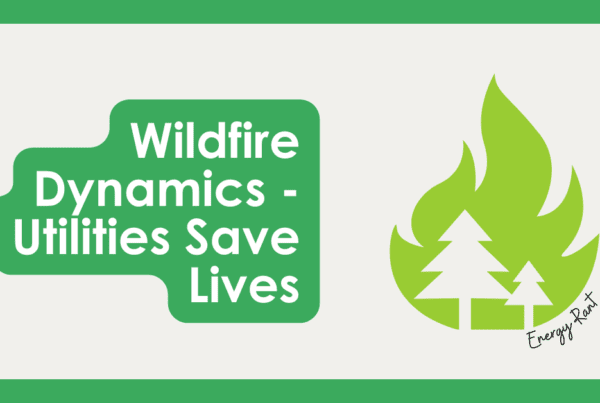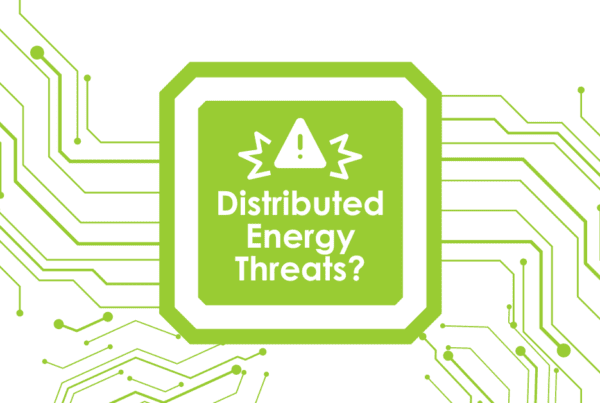
In case you haven’t noticed, the Energy Rant is rebellious. It doesn’t add to the resonate frequencies of our industry’s echo chamber. Strength, resilience, and long-term success require bravery of leaving one’s comfort zone, and frankly, spending most of one’s time in the uncomfortable zone.
Do the words snowflake, cocoa, Teddy Bears, Play-Doh and cry-ins have new meaning to you? The answer is, probably. This is not the way to get things done, or for that matter, make any difference whatsoever in one’s mission.
Most people claim to hate politics – the rough and tumble of it; the name calling, the lies, and the slander. Well, I don’t appreciate that either, but the fact is, politics are like sports, but with consequences and stakes.
There are many great lessons from 2016’s elections – kind of like postmortem evaluations for losses, and wins.
Worldwide Trends
I have sponged a lot of news post-election. I am hearing, and often reading, about globalism and nationalism. These are important issues to everyone reading this post.
Globalism: A national geopolitical policy in which the entire world is regarded as the appropriate sphere for a state’s influence. The development of social, cultural, technological, or economic networks that transcend national boundaries; globalization.[1]
Nationalism: Devotion, especially excessive or undiscriminating devotion, to the interests or culture of a particular nation-state. The belief that nations will benefit from acting independently rather than collectively. The belief that a particular cultural or ethnic group constitutes a distinct people deserving of political self-determination.
Even the dictionary is political. See the underlined part after nationalism? I don’t see that after globalism.
The UK
Last summer, the United Kingdom voted to leave the European Union; the Brexit (for British exit) vote. That was a nationalist referendum. The Brits voted to exit control of the 28-country EU, 9 of which still use their own currency while the others use the Euro. Dazzle your kids and colleagues with that fact.
The US
The Trumpers in the US hoped to ride the nationalist wave that saw Brexit stun the worldwide press. Brexit polling was not accurate, showing as much as a 10 point lead for staying just a couple days before the referendum. Brits voted 52% to 48% to leave.
Similarly, the polls were way off in the US. I told a colleague back in August that there is likely a 5% polling bias against Trump, simply because the narrative was that if you support Trump, you’re an idiot. That is no way to treat people you would like to influence.
Was I right? You be the judge, but see this article for why traditional polling models are crap. There are lessons in that directly for our industry – especially impact evaluation including attribution studies.
France
Interestingly, leaders in Europe resign very easily versus the US, where, unfortunately, people serve life terms. David Cameron resigned the day after Brexit. After the Trump win, Francois Hollande of France decided not to run for a second term. The Brexit and US elections have given much momentum to French nationalist, Marine Le Pen, presidential contender.
Speaking of France, the Paris climate agreement would be filed under the globalist column.
Italy
Yesterday, Matteo Renzi, Italy’s prime minister was handed a “stinging rebuke” in a referendum to reform its constitution. This is another blow to the status quo of the EU and the Euro.
Unholy Collusion of Power?
Nationalists believe the mainstream media (MSM see Wikipedia), politicians, and governments are driving toward a globalist society. In the US, that includes both parties.
Enter Trump. Republicans hated Trump during the primaries. Now, it may be a mixed bag. I remember one prominent correspondent in the middle of the primary season say, “I don’t see this ending well for the Republicans.” Democrats probably enjoyed it too, but beware of what you might get.
Lessons from the Trump Ascendance
Never, Ever Attack the People
Anyone labeling people and calling them names has forfeited the argument and any chance of changing minds. Trump got messed up in this with various individuals, but he did not condemn his opponent’s supporters as a basket of deplorables. I’ll bet she would like to take that one back. Resist the urge.
Adjust, Be Flexible, Know the Audience
In hindsight, Trump knew how to play the game every step of the way. Did he sound like an arrogant, megalomaniac during the primaries? Yes, at times, but in the end he buried sixteen candidates from uber-conservative Ted Cruz, to establishment Jeb Bush, to libertarian isolationist Rand Paul, to lauded governors like John Kasich.
Early in the general election, he floundered, but down the stretch, with the addition of some smart people to the team, and maybe a shock collar, he resisted the bait and stayed (enough) on message.
Listen
Trump did it his way, but he employed campaign people to his team to fill in for what he lacked.
Engage People to Win them Over
Trump went to places with messages his predecessors wrote off: inner cities and working people, rather than their corporate leaders.
Maybe Best Practice Isn’t So Best
The MSM crowed that Trump is out-organized; he is out-fund-raised and outspent (true); he doesn’t have a ground game; and why is he doing this rather than that? All that conventional stuff was overcome with unconventional political advisors, strategists, and a world-class social media machine.
Close
Do these lessons and trends apply to the promotion of efficiency and GHG policy? Better believe it. More to come.
[1] American Heritage Dictionary





